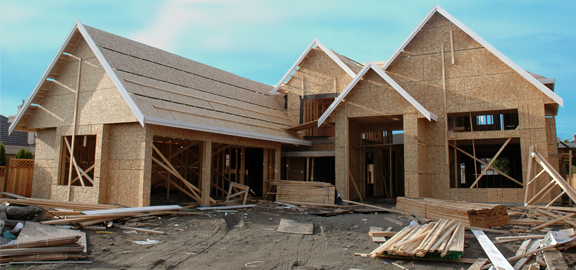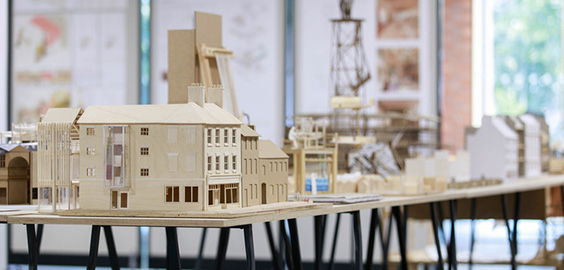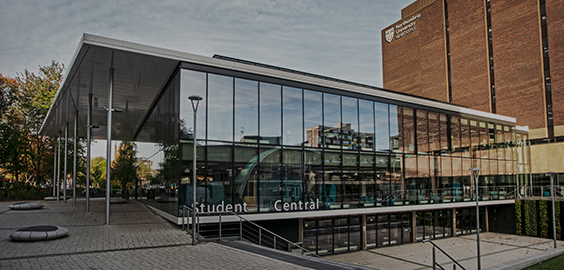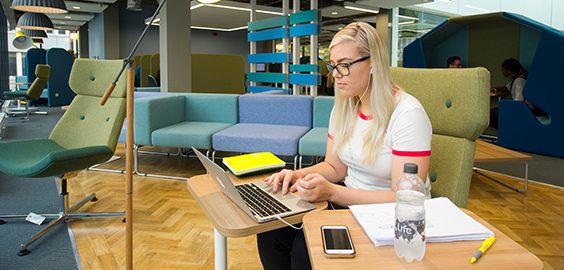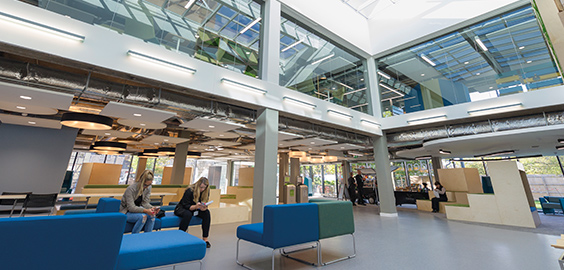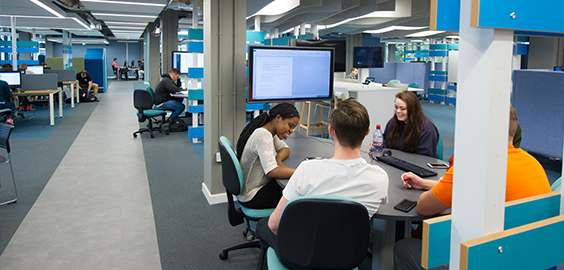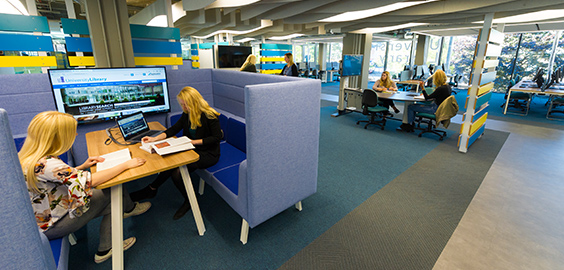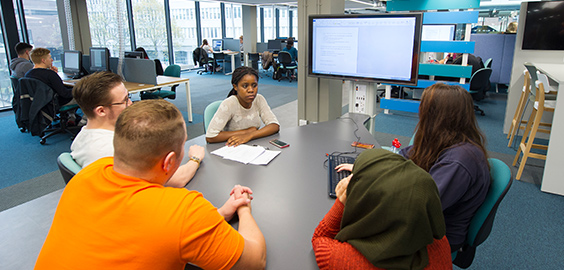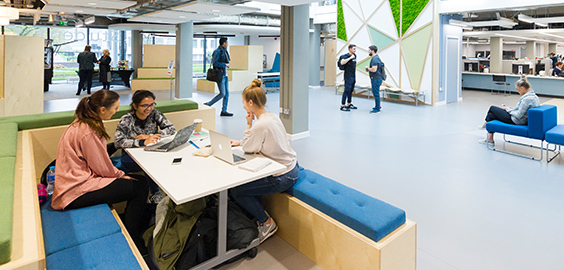Who teaches the Real Estate BSc (Hons) course?
You will be taught by a diverse group of experienced
property related professionals who range from real estate surveyors, agency
surveyors, residential and commercial valuers, development surveyors to
planners, construction professionals, project managers and solicitors.
Their background, knowledge and experience in both practice and
academia, and the emphasis and support of a research rich learning environment,
will allow you to develop a research rich, practice based experience and
encourage you to enter the property industry and become a valued property
professional.
The team of academic staff have research interests in areas such
as sub-national development, the mechanics of regeneration, office to
residential conversions, urban land economics, sustainable urban development,
redevelopment of brownfield land, property development appraisal and several
other areas.
View all staff profiles
 Option for Placement Year
Option for Placement Year Option for Study Abroad
Option for Study Abroad





